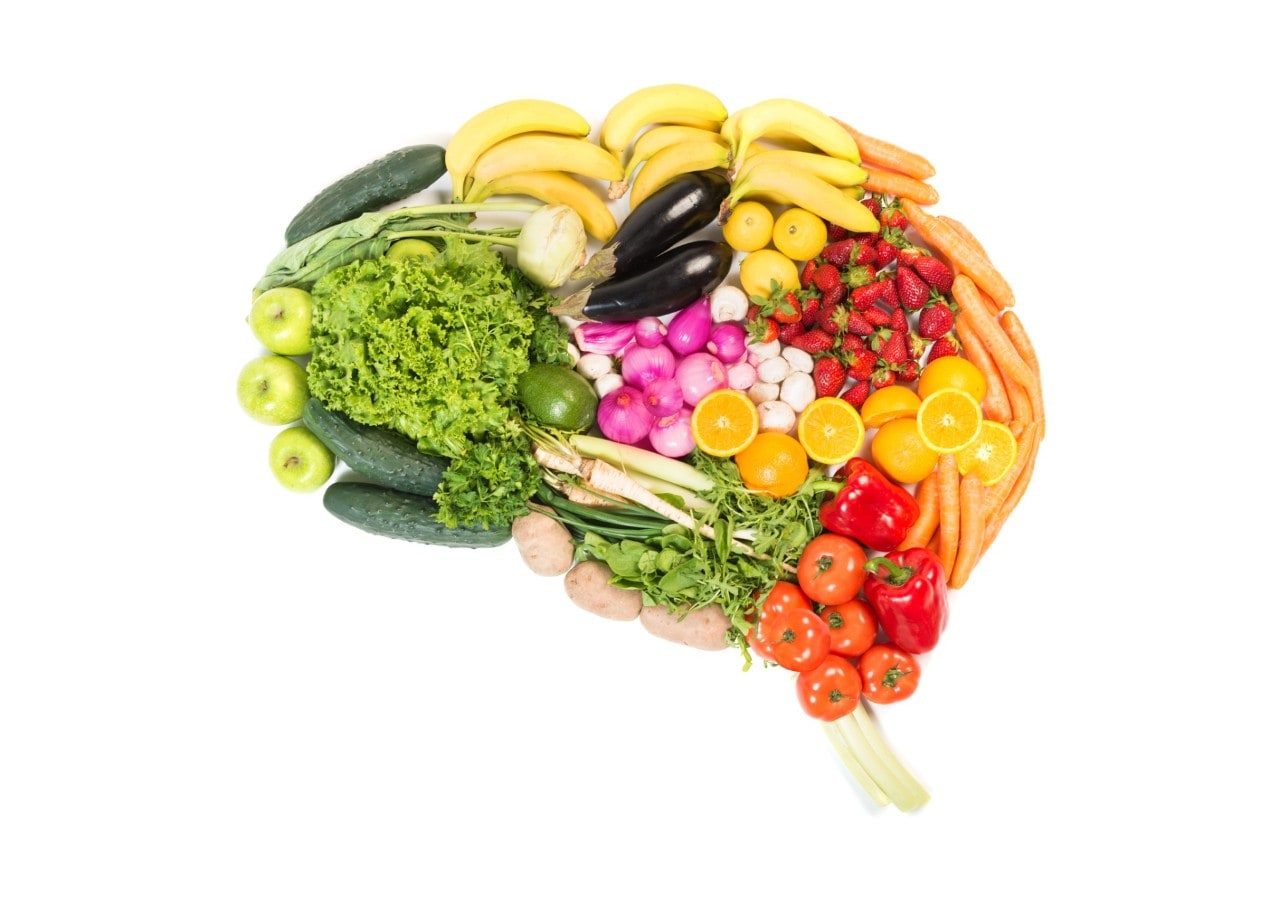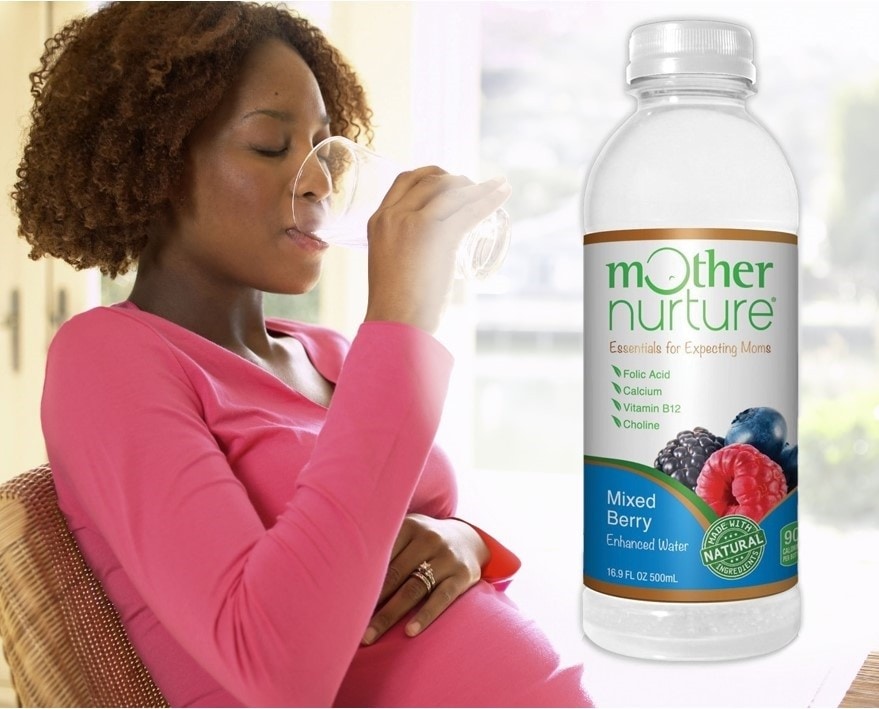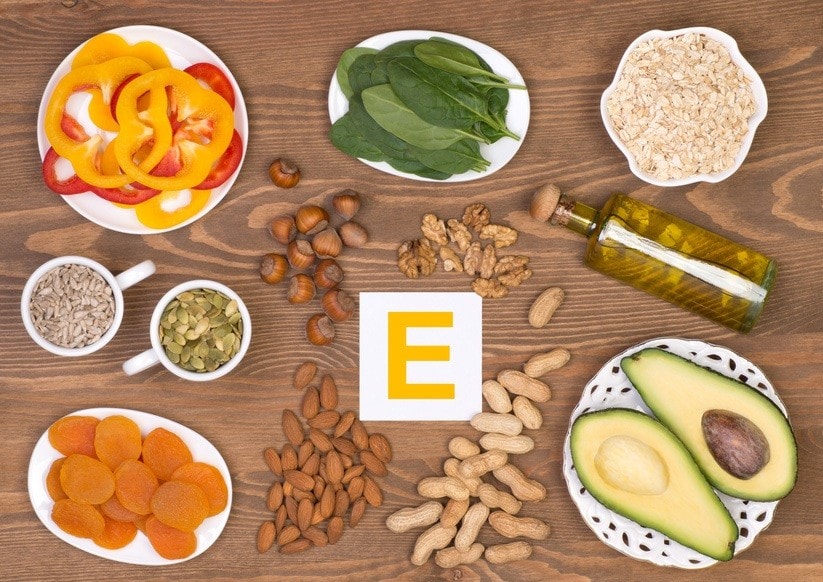
难道您不希望有一种快乐丸,在您感觉不好时能够提神,或者在您要对爱人恶语相向时能温暖您的心房吗?好吧,这不是药丸,它和厨房一样方便,能够达到理想的效果。因为吃(或不吃)的东西与您的感觉密切相关。某些食物和营养素能够调整脑化学,帮助您保持快乐、精力充沛,甚至平静。下面是五种必要快乐食物。
我们忧郁时理所当然地渴望碳水化合物,因为正是这些食物能提高使人感觉良好的脑化学物质(血清素)水平。全麦面包远远优于白面包,因为它还能稳定血糖水平,而精制谷物会使血糖水平大幅波动,让您神经紧张、脾气暴躁、饥肠辘辘。燕麦片也不错,因为它含有一种名为β-葡聚糖的纤维,能使血糖保持在健康范围内。以下全碳水化合物零食可提高血清素水平:
· 半个100%全麦英式松饼配果酱
· 半个烤肉桂全麦圈饼,上面洒满蜂蜜
· 一小碗燕麦片,淋上蔓越莓干和1汤匙红糖
紧张时,糖能使我们冷静。旧金山加利福尼亚大学(University of California)的研究发现,压力过大的大鼠(这是了解人体应激反应的良好模型)大口吃糖时,会比吃常规食物的大鼠更平静。(1)
在您冲向有许可证的自动贩卖机大吃大喝之前,别忘了,适量有益,而不是越多越好。少量糖可能会平复紧张的神经,而过多的糖则会对血糖水平造成严重破坏,并会让您长期陷入忧郁中。事实上,有些抑郁症患者在减少糖摄入量后,抑郁和疲劳症状会得到缓解。(2) 这里的诀窍就是,少量糖可以平复神经、改善心情,而过多的糖则会加重抑郁症状,例如:
· 1小片天使雪白蛋糕,配½杯新鲜草莓
· 水果和巧克力火锅:在¼杯无脂巧克力浆中浸入新鲜水果片(巧克力含有脑化学物质,如苯乙胺或PEA和花生四烯酸乙醇胺,让您有“坠入爱河”的感觉)。
· 2/3杯浆果冰沙,配1杯覆盆子
食用大量欧米茄-3脂肪DHA的人不易发生情感低落、攻击性行为和敌对情绪。(20-25) 关于欧米茄-3改善情绪障碍的证据非常多,美国精神病学协会(American Psychiatric Association)甚至发表声明称,欧米茄-3是抑郁症患者的重要营养素之一。
DHA对情绪为什么如此重要?这种健康脂肪在大脑中发挥主要作用。它有助于形成健康的细胞膜,使得营养素顺利运输至脑细胞,降低炎症,提高血清素水平,以及更多益处。这可能是每周饮食中富含DHA的人抑郁症发病率较低的原因所在,甚至有证据表明他们的记忆力更佳,学习成绩更好。争取每周至少进食两份油性鱼类,如鲑鱼、鲱鱼、鲭鱼或沙丁鱼,或者欧米茄-3 DHA强化食物。(3-9)
忘记吃日常蔬菜可能导致叶酸(人体产生血清素所必需的一种B族维生素)水平降低。叶酸摄入不足与抑郁、疲劳、记忆力差甚至更严重的精神问题(如精神分裂症)的风险增加有关。争取每天通过补充剂摄入400微克叶酸,或1 ½杯炒菠菜中的叶酸含量。(10-16) 尝试:
· 餐盘里堆放嫩菠菜,在上面撒上烤鲑鱼片
· 在一锅自制蔬菜汤中加入一包10盎司的冷冻碎菠菜
· 将菠菜叶分层做成三明治、卷饼或墨西哥卷饼
· 把蒸的碎菠菜搅入土豆泥
豆类(如黑豆)是大自然最好的铁来源之一。作为血液中血红蛋白的成分,铁是人体内关键的氧载体。铁水平下降时,组织缺氧,导致疲劳、注意力下降和睡眠紊乱。缺铁是第一大营养素缺乏症,儿童、青春期女孩和育龄女性风险最高。(17-19)
豆子也有助于保持情绪平稳。它们几乎不含脂肪,但富含蛋白质、水和纤维,是饱腹感和极少量卡路里的神奇组合。它们的血糖指数也非常低,因此有助于调节血糖以及食欲。
在饮食中添加黑豆:
· 在铁锅中热煮豆子(铁从锅中浸到豆子中,在膳食中加入额外的铁),然后和菠菜、烤红辣椒、细辛花番薯一起卷入玉米粉圆饼
· 将豆子与洋葱、大蒜和孜然混合,然后堆在熟糙米上。搭配一杯橙汁(橙汁中的维生素C可促进膳食中的铁吸收)食用
· 将黑豆撒入拌好的沙拉中,搭配火鸡三明治食用(火鸡中的铁称为“血红素”铁,可促进豆中“非血红素”铁的吸收)
参考文献
1.Dallman M, Pecoraro N, La Fleur S: Chronic stress and comfort foods: Self-medication and abdominal obesity. Brain, Behavior, and Immunity 2005;19:275-280. www.ncbi.nlm.nih.gov/sites/entrez?Db=pubmed&Cmd=ShowDetailView&TermToSearch=16876569&ordinalpos=7&itool=EntrezSystem2.PEntrez.Pubmed.Pubmed_ResultsPanel.Pubmed_RVDocSum
2. Christensen L, Pettijohn L: Mood and carbohydrate cravings. Appetite 2001;36:137-145. www.ncbi.nlm.nih.gov/sites/entrez?Db=pubmed&Cmd=ShowDetailView&TermToSearch=11237349&ordinalpos=184&itool=EntrezSystem2.PEntrez.Pubmed.Pubmed_ResultsPanel.Pubmed_RVDocSum
3. Richardson A, Burton J, Sewell R, et al: Docosahexaenoic acid for reading, cognition and behavior in children aged 7- 9 years. PLoS One 2012;7(9):e43909.
4. Song C, Shieh C, Wu Y, et al: The role of omega-3 polyunsaturated fatty acids eicosapentaenoic and docosahexaenoic acids in the treatment of major depression and Alzheimer’s disease. Progress in Lipid Research 2016; January 4th.
5. Chhetry B, Hezghia M, Miller J, et al: Omega-3 polyunsaturated fatty acid supplementation and white matter changes in major depression. Journal of Psychiatric Research 2016; 75:65-74.
6. Heras-Sandoval D, Pedrraza-Chaverri J, Perez-Rojas J: Role of docosahexaenoic acid in the modulation of glial cells in Alzheimer’s disease. Journal of Neuroinflammation 2016; March 10th.
7. Nishihira J, Tokashiki T, Higashiuesato Y, et al: Associations between serum omega-3 fatty acid levels and cognitive functions among community-dwelling octogenarians in Okinawa, Japan. Journal of Alzheimers Disease 2016; February 16th.
8. Hibbeln J: From homicide to happiness: A commentary on omega-3 fatty acids in human Society. Nutrition & Health 2007;19:9-19.
9. Buydens-Branchey L, Branchey M, Hibbeln J: Associations between increases in plasma n-3 polyunsaturated fatty acids following supplementation and decreases in anger and anxiety in substance abusers. Progress in Neuropsychopharmacology 2008;32:568-575.
10.Shikany J, Heimburer D, Piyathilake C, et al: Effect of folic acid fortification of foods on folate intake in female smokers with cervical dysplasia. Nutrition 2004;20:409-414. http://www.ncbi.nlm.nih.gov/sites/entrez?Db=pubmed&Cmd=ShowDetailView&TermToSearch=15105026&ordinalpos=8&itool=EntrezSystem2.PEntrez.Pubmed.Pubmed_ResultsPanel.Pubmed_RVDocSum
11. Green-Raleigh K, Carter H, Mulinare J, et al: Trends in folic acid awareness and behavior in the United States. Maternal Child Health Journal 2006;July 6th.
12. Young S: Folate and depression. Journal of Psychiatry and Neuroscience 2007;32:80-82.
13. Williams E, Steward-Knox B, Bradbury I, et al: Effect of folic acid supplementation on mood and serotonin response in healthy males. British Journal of Nutrition 2005;94:602-608.
14. Fact sheet on folate: https://ods.od.nih.gov/factsheets/Folate-HealthProfessional/
15. Arroll M, Wilder L, Neil J: Nutritional interventions for the adjunctive treatment of schizophrenia. Nutrition Journal 2014;September 16th.
16. Brown H, Roffman J: Vitamin supplementation in the treatment of schizophrenia. CNS Drugs 2014;28:611-622.
17. Manore M, Besenfelder P, Wells C, et al: Nutrient intakes and iron status in female long-distance runners during training. Journal of the American Dietetic Association 1989;89:257-259.
18. Iron deficiency prevalence: https://www.cdc.gov/mmwr/preview/mmwrhtml/mm5140a1.htm
19. Low M, Speedy J, Styles C, et al: Daily iron supplementation for improving anaemia, iron status and health in menstruating women. Cochrane Data Base System Review 2016;April 18th.
21. http://www.apa.org/news/press/releases/2009/12/dha-omega.aspx
22. Tanskanen A, Hibbeln JR, Tuomilehto J, Uutela A, Haukkala A, Viinamäki H, Lehtonen J, Vartiainen E: Fish consumption and depressive symptoms in the general population in Finland. Psychiatr Serv 2001; 52:529–531.
23. Silvers KM, Scott KM: Fish consumption and self-reported physical and mental health status. Public Health Nutr 2002; 5:427–431.
24. CrossRef, Medline 4. Tiemeyer H, van Tuijl HR, Hofman A, Kiliaan AJ, Breteler MMB: Plasma fatty acid composition and depression are associated in the elderly: the Rotterdam Study. Am J Clin Nutr 2003; 78:40–46


依照相关规定,食品生产商应在标签中列出维生素 D 的含量。因此,现在您可以了解到自己从食物中摄取了多少维生素 D,并且很有可能摄入不足。来看看克利夫兰医学中心的 Michael Roizen 博士对此有何看法。



Registered dietitian and accomplished author Elizabeth Somer shares how to protect your eyes from the sun and during screen time.




根据“YOU: Having a Baby”书中所述,如果您怀孕了,可能会和其他75%的孕妇一样,有过对甜、咸、酸或油煎食物渴求的经历。食物渴求是怀孕的正常反应。务必咨询保健医生在怀孕期间您需要多少卡路里的食物。

根据美国心脏协会(American Heart Association)2014年心脏病和中风统计最新资料,心脏病和中风仍是美国人死亡的两个主要原因。必须及早采取措施长期保持心脏健康。对抗心脏病的一个最好方法是什么?健康饮食。
22 November 2016


依照相关规定,食品生产商应在标签中列出维生素 D 的含量。因此,现在您可以了解到自己从食物中摄取了多少维生素 D,并且很有可能摄入不足。来看看克利夫兰医学中心的 Michael Roizen 博士对此有何看法。 阅读更多。



Registered dietitian and accomplished author Elizabeth Somer shares how to protect your eyes from the sun and during screen time. 阅读更多。
